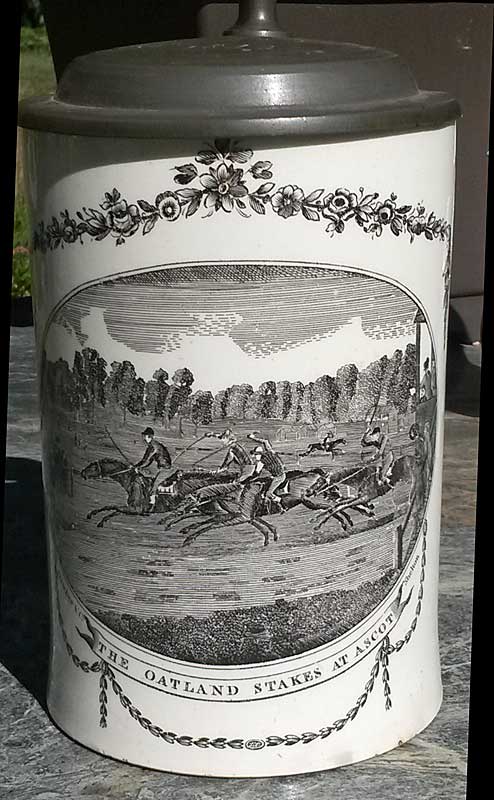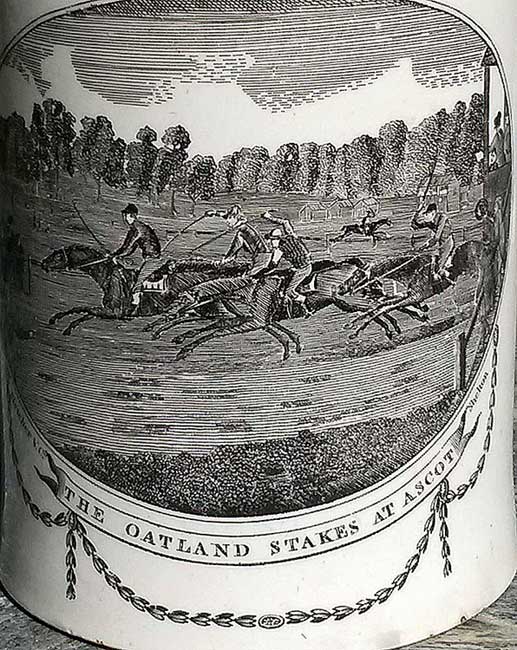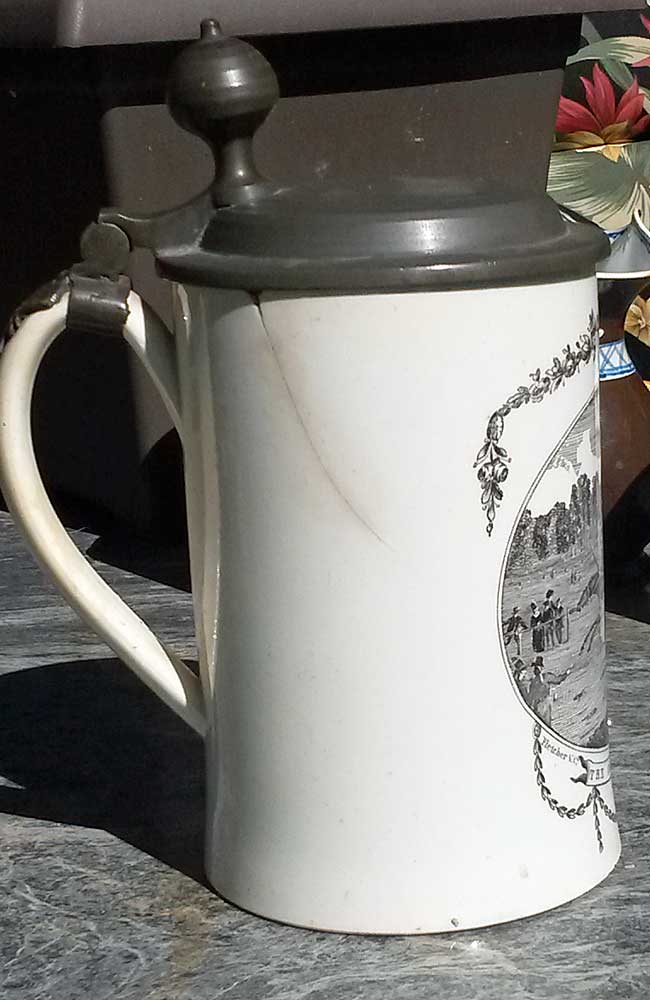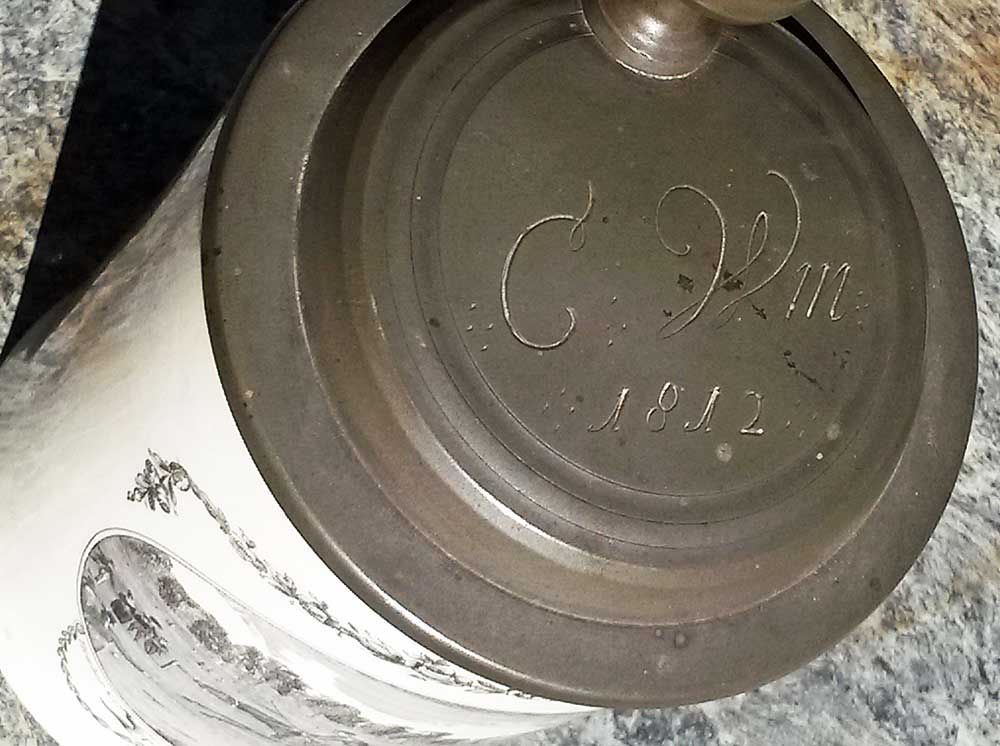|
A rare transfer of the Oatland Stakes at Ascot. A description follows, taken from
ROYAL ASCOT
ITS HISTORY c ITS ASSOCIATIONS
GEORGE JAMES CAWTHORNE
RICHARD S. HEROD
1902
(found on Google Search)
Perhaps the greatest race held during the century on Ascot Heath was the Oatlands Stakes, which was run on Tuesday, June 28th, 1791. The racing world went mad over the event, and people drove down from town in their thousands. Rich and poor, high and low, made common cause in their endeavour to witness the contest.
The stakes were prodigious for those days. Forty-one subscribers of 100 guineas each, half forfeit, and the sum actually run for reached the total of 2,950 guineas, made
up as follows : — 19 starters, 20 paying half forfeit, and 2 declaring forfeit in the preceding July, paid in 25 guineas each. The betting was fast and furious, and it was estimated at the time that nearly a million sterling must have changed hands over the event, the Prince of Wales alone having won more than ^17,000 by his horse's
success.
The course was two miles, and from start to finish the race was keenly contested^ so much so that five out of the nineteen who started were riding all together when nearing the post, but young Chifney, who rode the Prince of Wales' Baronet, by his skill and coolheadedness so piloted his horse that he brought him in a glorious victor by half a length, with Mr. Barton's Express second, and Lord Barrymore's Chanticleer third. The time was 2 min. 33 sec, and the betting before starting was 20 to i against Baronet, 100 to 3 against Empress, and 9 to i against Chanticleer ; while 3 to i was laid against Vermin, who was first favourite on account of the small weight (5 st. 3 lb.), but the race was lost to him through the mismanagement, so it was said, of the boy who rode him.
After the race, the King rode up to his son and congratulated him on his success. "Your Baronets," said he, " are more productive than mine. I made fourteen last week, but I get nothing by them. Your single Baronet is worth all mine put together."
Full 40,000 people were present on the Heath, and with the inadequate accommodation and primitive arrangements, the crushing of the crowd upon the ropes was so great that several accidents happened. Considerable disturbance too was caused by some one who had formed
expectations of winning and were disappointed, and who attributed their loss to the enormous crowds retarding the horses, and preventing them from getting abreast in the lines. At any rate, order was so badly maintained that the race was transferred to Newmarket in the following year, where it was run for in April, the stakes representing 3,725 guineas — a very considerable sum for those
days.
Towards the latter end of the eighteenth century. Ascot assumed a distinction, and fashionable prestige that, in its
way, rivalled the splendour and Royal patronage bestowed upon it to-day.
The King invariably attended with Queen Charlotte and his family, and manifested great interest in the sport, especially in the race for the Plate of 100 guineas, which he gave for horses that had been out with the staghounds.
His two sons, George, " the first gentleman in Europe," afterwards George IV., and Frederick " the Bishop of Osnaburgh," took active parts in promoting the interest of the meetings.
The course presented then a very different aspect from what it does to-day, and the programme of entertainments would hardly satisfy the requirements of sportsmen at the
beginning of the twentieth century. The tankard stands 8" high with the pewter cover, which was added on in 1812 and initialed. There is a hairline down part of one side, but it does not go into the transfer.
|



